Entry Category: Cities and Towns - Starting with G
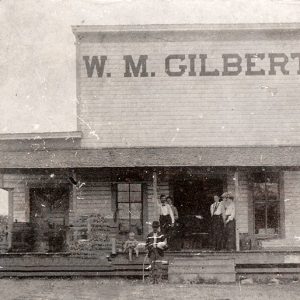 Gilbert Store
Gilbert Store
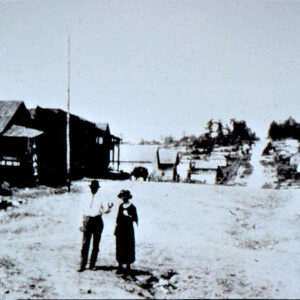 Gilbert Street Scene
Gilbert Street Scene
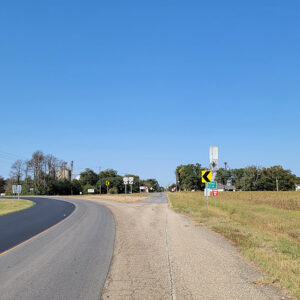 Entering Gillett
Entering Gillett
Gillett (Arkansas County)
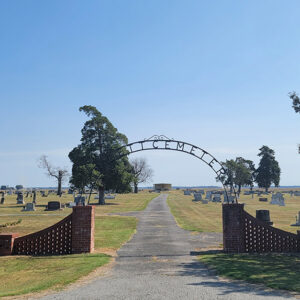 Gillett Cemetery
Gillett Cemetery
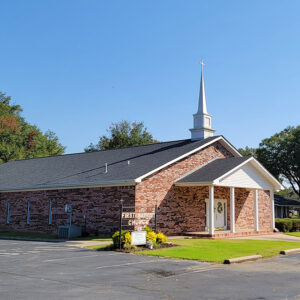 Gillett Church
Gillett Church
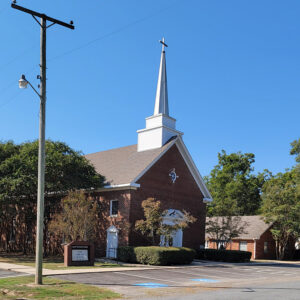 Gillett Church
Gillett Church
 Gillett Church
Gillett Church
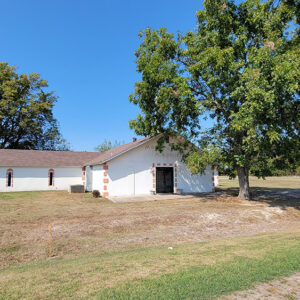 Gillett Church
Gillett Church
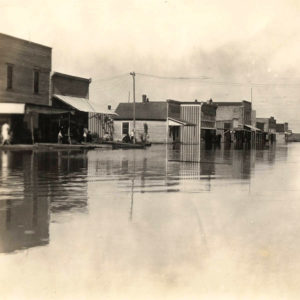 Gillett Flood
Gillett Flood
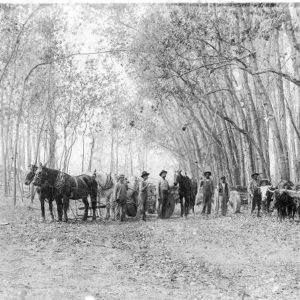 Gillett Logging
Gillett Logging
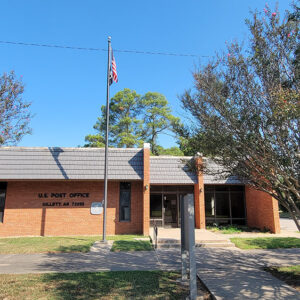 Gillett Post Office
Gillett Post Office
 Gillett Street Scene
Gillett Street Scene
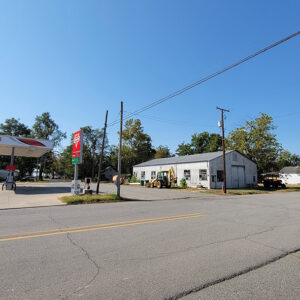 Gillett Street Scene
Gillett Street Scene
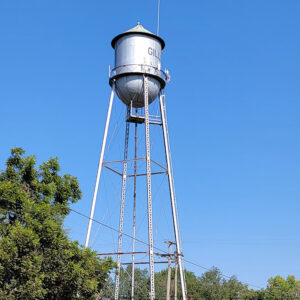 Gillett Water Tower
Gillett Water Tower
Gillham (Sevier County)
Gilmore (Crittenden County)
Gipson (Scott County)
Girard (Scott County)
Glen Rose (Hot Spring County)
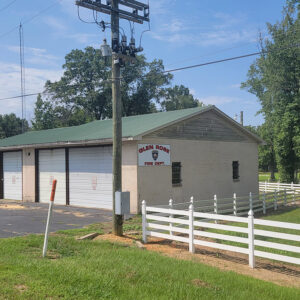 Glen Rose Fire Department
Glen Rose Fire Department
 Glen Rose School District
Glen Rose School District
 Glen Rose Street Scene
Glen Rose Street Scene
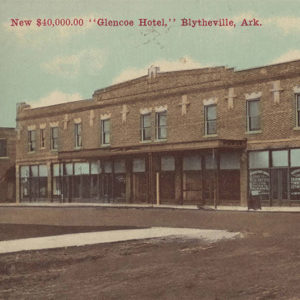 Glencoe Hotel
Glencoe Hotel
 Glenn Hotel
Glenn Hotel
Glenwood (Pike County)
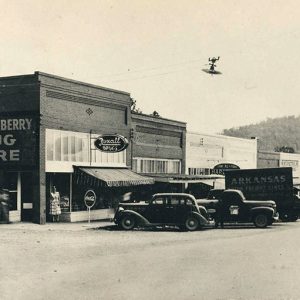 Glenwood, 1952
Glenwood, 1952
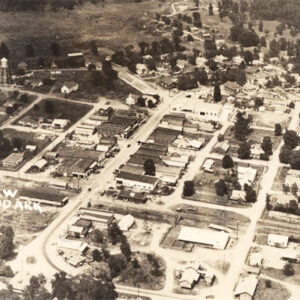 Glenwood Aerial View
Glenwood Aerial View
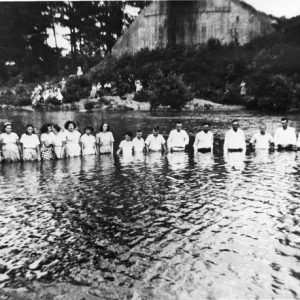 Glenwood Baptism
Glenwood Baptism
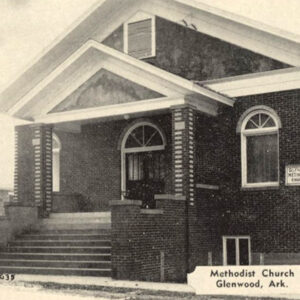 Glenwood Church
Glenwood Church
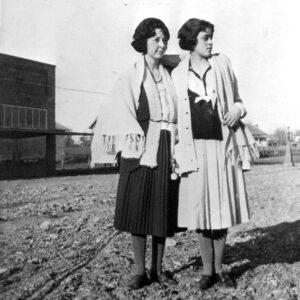 Glenwood Main Street
Glenwood Main Street
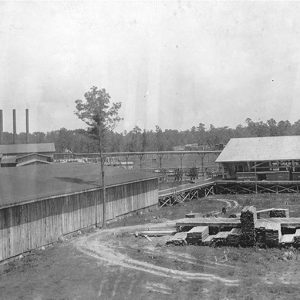 Glenwood Mill
Glenwood Mill
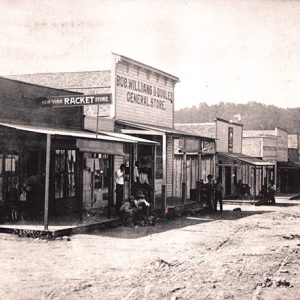 Glenwood Street Scene
Glenwood Street Scene
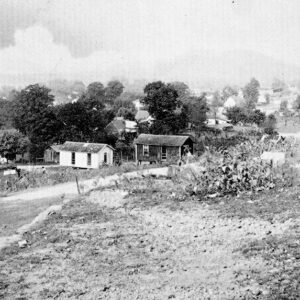 Glenwood View
Glenwood View
 Goff Supermarket
Goff Supermarket
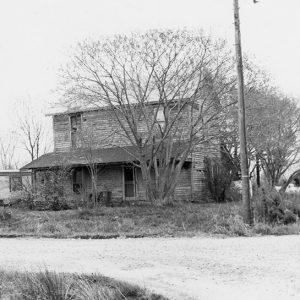 Goldman Home
Goldman Home
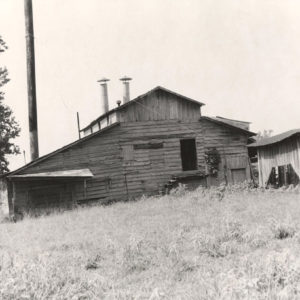 Goodlet Cotton Gin
Goodlet Cotton Gin
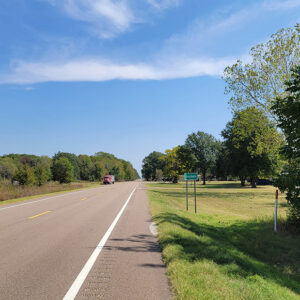 Entering Goodwin
Entering Goodwin
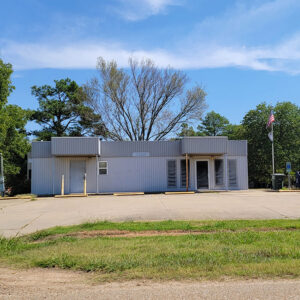 Goodwin Post Office
Goodwin Post Office
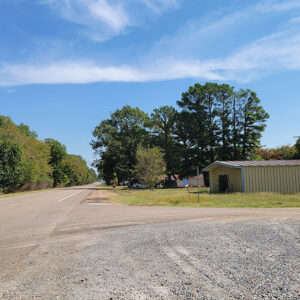 Goodwin Street Scene
Goodwin Street Scene
Goshen (Washington County)
Gosnell (Mississippi County)
Gould (Lincoln County)
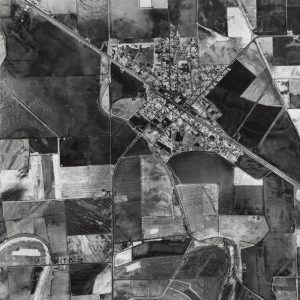 Gould Aerial View
Gould Aerial View
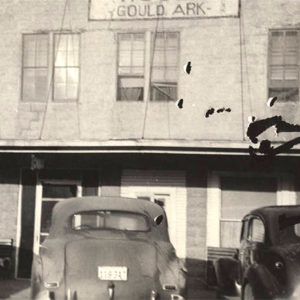 Gould Hotel
Gould Hotel
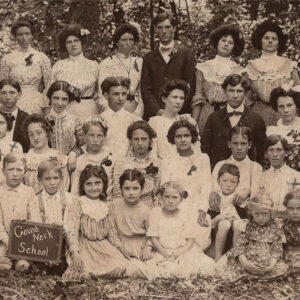 Gourd Neck Students
Gourd Neck Students
 Gracie Home
Gracie Home
Grady (Lincoln County)
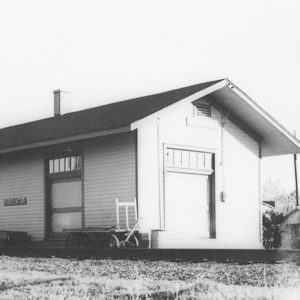 Grady Depot
Grady Depot




